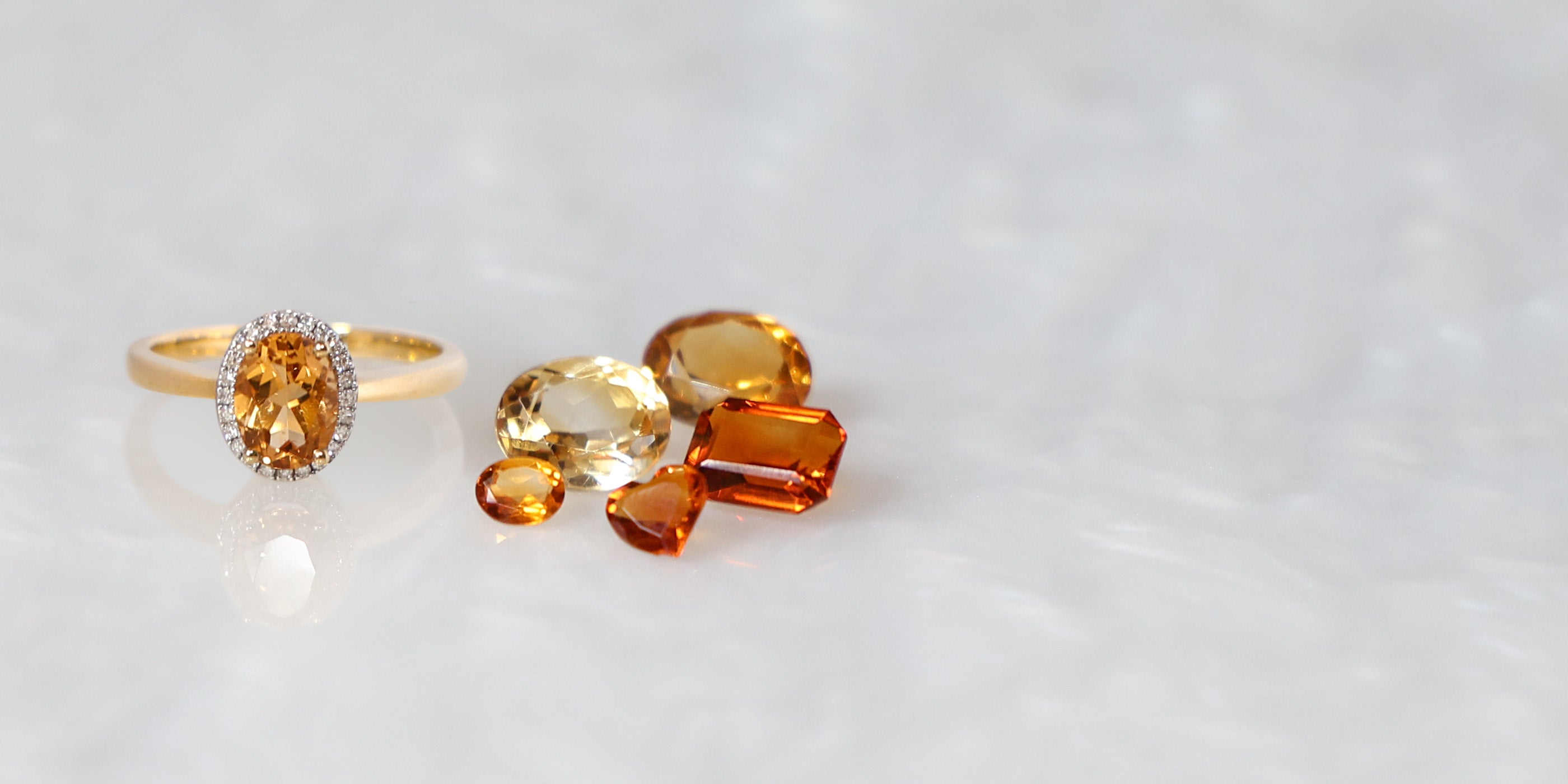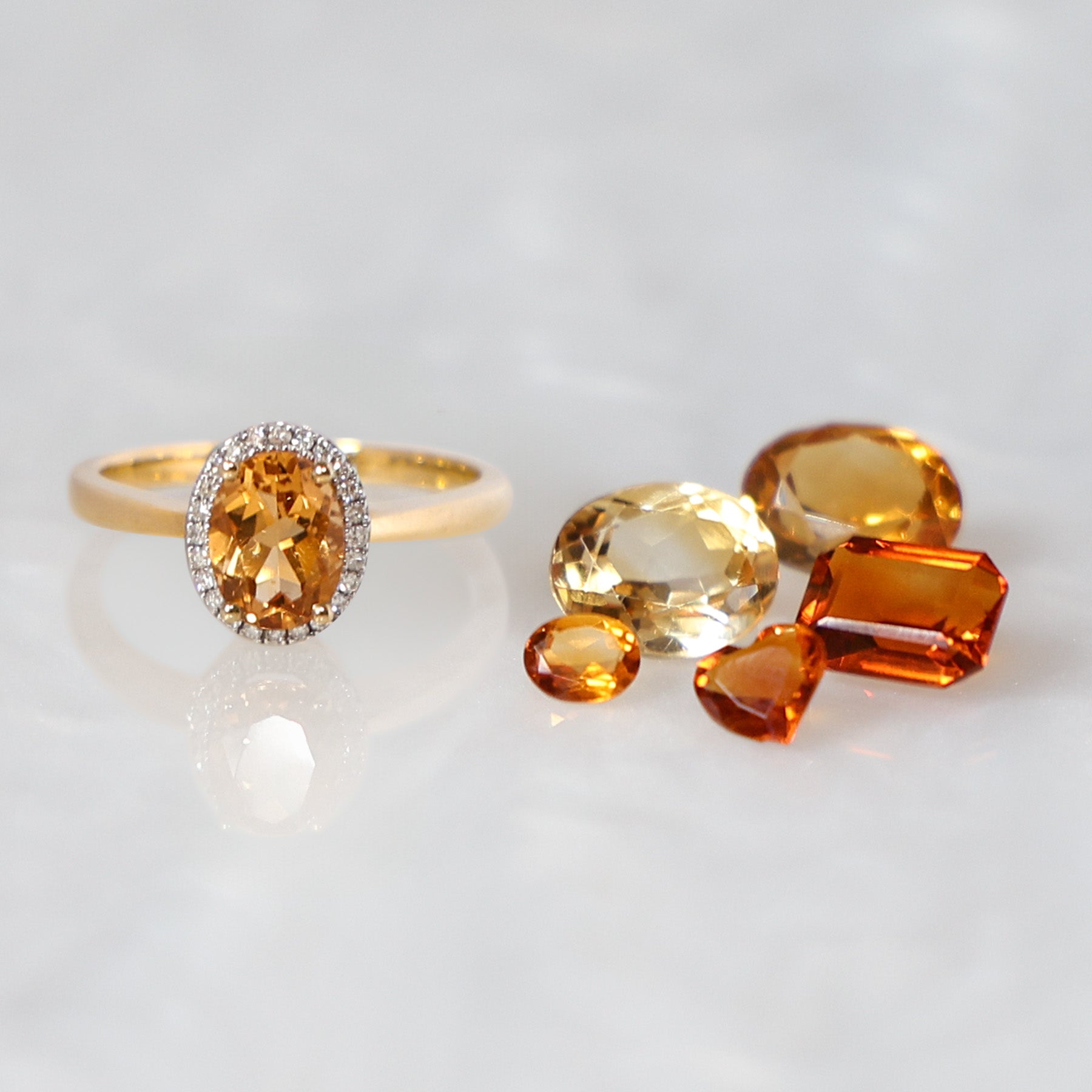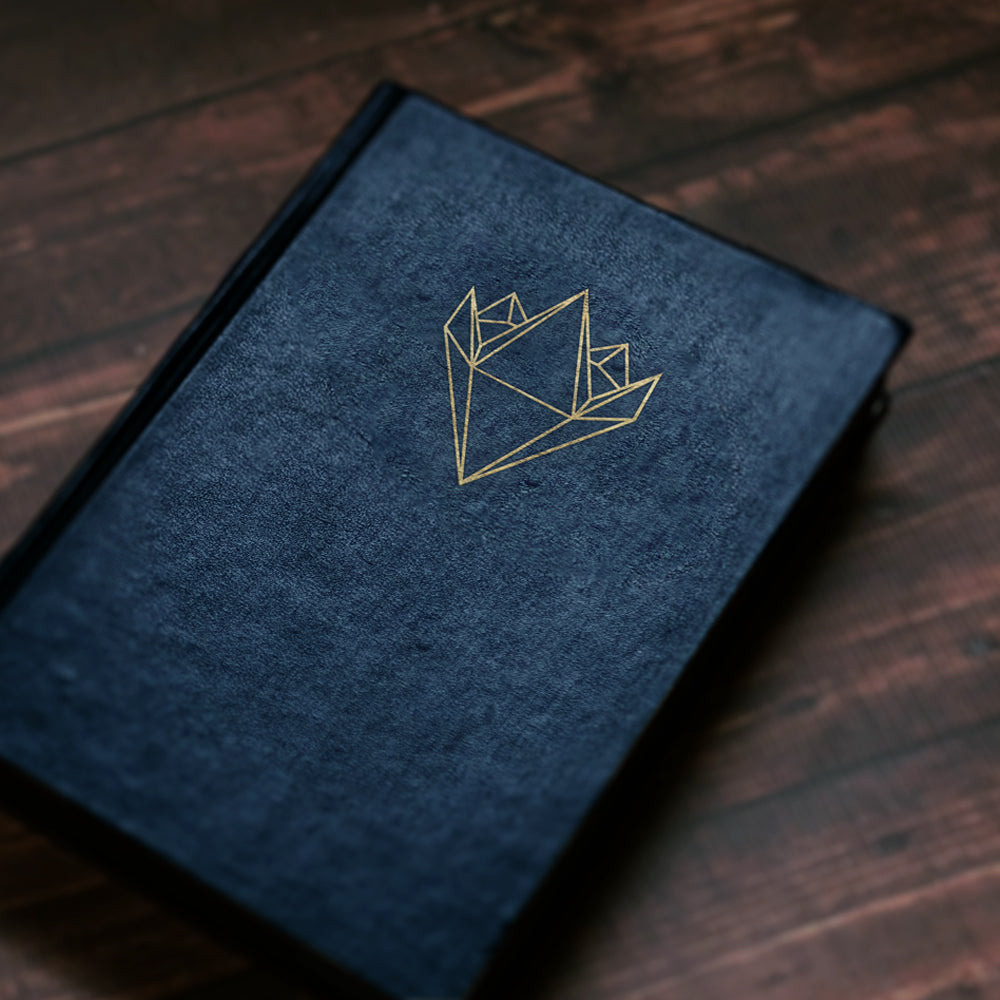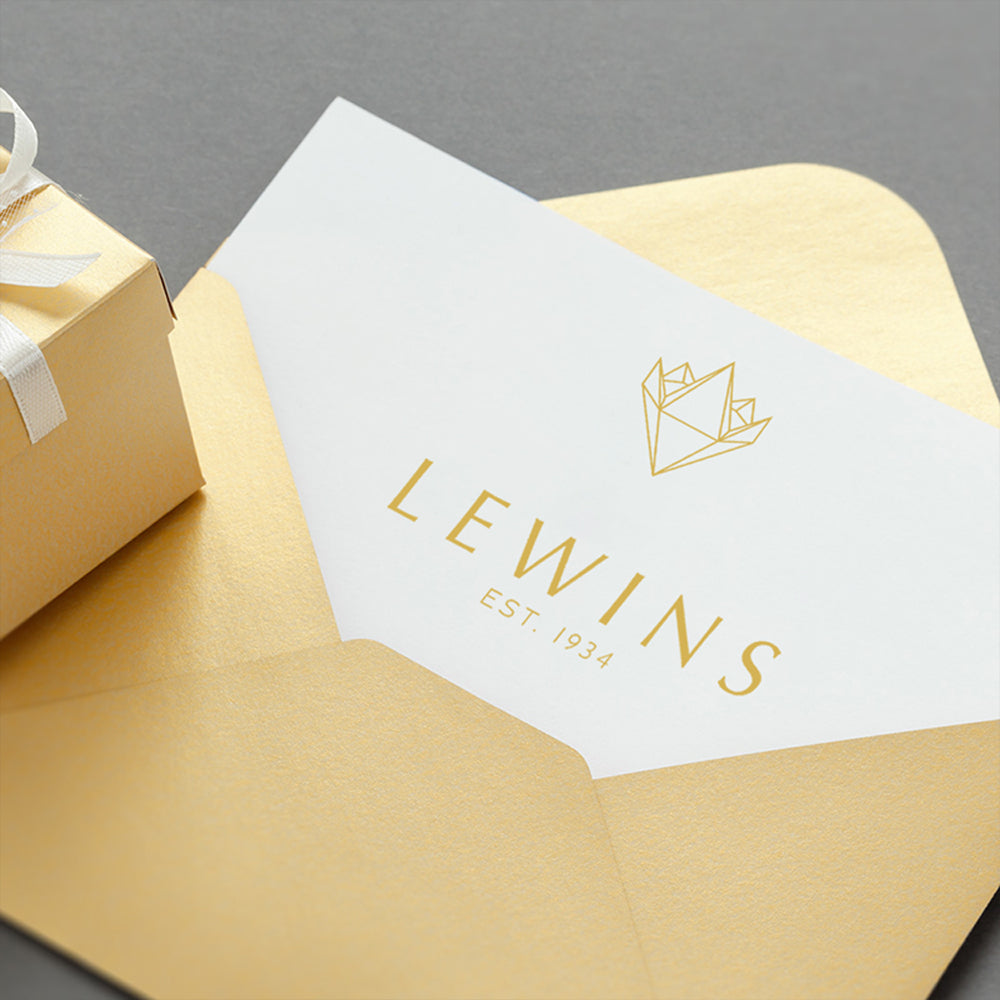Gem Lore:
Morganite - is a pink variety of the beryl family, and possesses a range of shades from orangish pink to bluish pink. The gemstone was discovered in Madagascar in 1910, by George Kunz, who named the stone after his friend John Pierpont Morgan (a well known American financier and gemstone lover). Morganite with a peach overtone, is frequently set within rose gold, to compliment the gemstones warm hue. Today, morganite is thought to symbolise sweetness and romance.
Pearls - the gemstone of the sea, dates back to the 5th Century BC whereby, ancient Romans and Egyptians would use the gemstone for adornment. In Greek mythology, it has been said that pearls were the tears of joy, shed from the Goddess Aphrodite. The gemstone was famously crushed by Cleopatra in a glass of wine, to prove to Marc Antony, that she could serve the most expensive dinner in history. Currently, pearls are thought to symbolise wisdom and serenity.
Jewellery Care Precautions:
Avoid direct contact with: perfume, lotions, skincare, hairspray / other chemicals. Remove, your jewellery: when showering, swimming (as both chlorine and saltwater will react with metals), washing your hands / using hand sanitisers, before going to bed or when participating in physical activities (going to the gym, exercising, gardening, housework etc….).
Beware, metals may tarnish over time due to oxygen contact and natural body oils. Prevent items from being exposed to moisture and direct sunlight, for long periods. Store jewellery in a dry place away from humidity, in a pouch/jewellery box and keep each piece separated from each other. Care, for your jewellery by cleaning with a soft dry cloth.
Rose Gold:
Rose gold is not an element and does not occur naturally in a pure form. Pure yellow gold is mixed with alloys of copper and sometimes silver to produce, a reddish pink coloured alloy, known as rose gold. The colour and depth of rose gold will vary, depending on the ratio of yellow gold to copper. The lower the carat of yellow gold, the higher the copper content, the deeper the colour. The colour of 9ct rose gold will be a deeper reddish-pink, 14ct rose gold will have a subtle rosy pink colour and 18ct rose gold, will show a soft champagne pink colour with a yellow undertone.
Over time and especially in humid conditions, the copper alloy naturally oxidises with the air, causing rose gold jewellery to develop a deeper reddish patina. Seen frequently in antique rose gold jewellery, this patina takes years to develop and adds a desirable vintage essence to the jewellery.
Whilst rose gold jewellery will not discolour easily, it is important to avoid exposure to household chemicals, bleaches, toothpaste, baking soda and other cleaning abrasives. Wearing jewellery in places where perfumes, hairsprays, body lotions have been applied on your body, will increase tarnishing. Wear your jewellery after the products have been applied. To clean your rose gold jewellery, use a mild soap with warm water and dry with a soft cloth. For professional cleaning, our workshop can polish your jewellery back to life.
Morganite, Beryl:
Hardness: 7.5 | Toughness: Good | Stability: Good
Mild Caution, Avoid: Sudden Impact (knocks), Heat, Jewellery Cleaners (ultrasonic, steam cleaners).
Gemmological Observation: Clean with mild soapy water and dry with a soft cloth.
Pearl:
Hardness: 3.5-4 | Toughness: Fair | Stability: Poor
Extreme Caution, Avoid: Sudden Impact (pressure, knocks), Cosmetics (hair sprays, lotions, perfumes, make-up), Chemicals (acids, detergents, solvents, nail polish remover), Heat, Extreme Temperature Change (thermal shock), Porosity, Jewellery Cleaners (dip, ultrasonic, steam cleaners).
Gemmological Observation: Clean using water and cotton wool, dry with a soft cloth. If strung, lay flat to dry to avoid stretching the thread. Regular, careful cleaning and restringing is advisable. Pearls may be damaged by: household cleaners, mild acids such as the natural acid secretion from the wearers skin, exposure to mild heat will cause dehydration - which will lead to cracking and powdering of the surface. Nacre can be scratched easily, avoid wearing whilst doing any activity which can cause abrasion. Avoid dry/hot storage conditions. Do not soak in jewellery cleaners.
Remember, when dressing or undressing, pearls should be last on and first off.
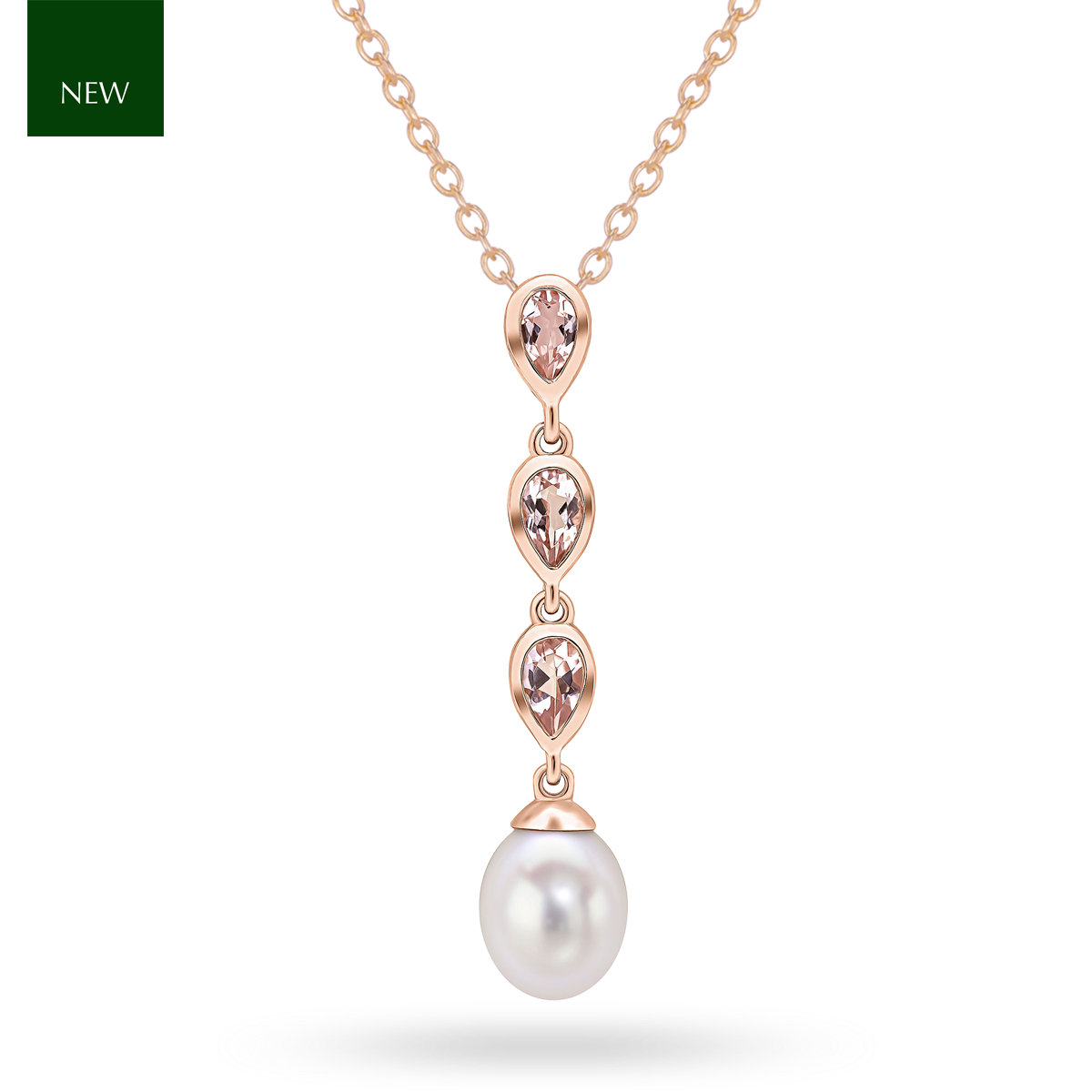

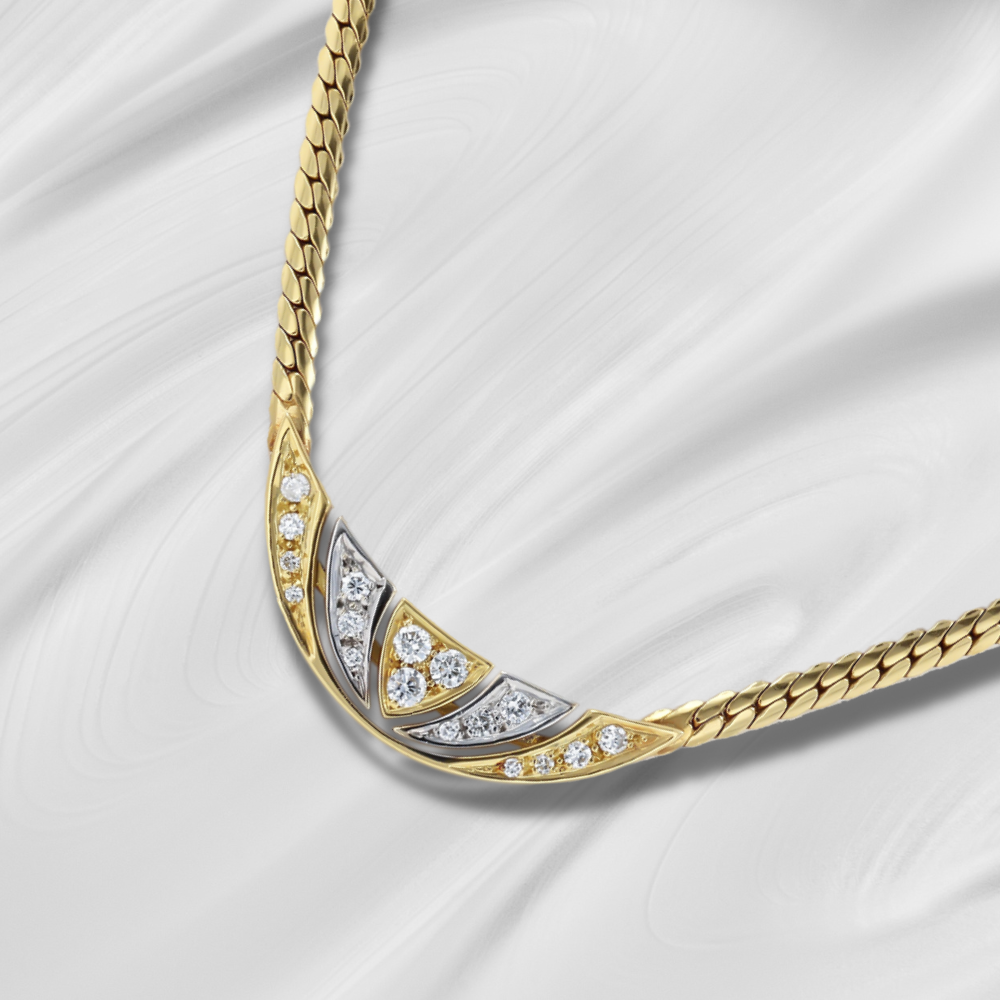
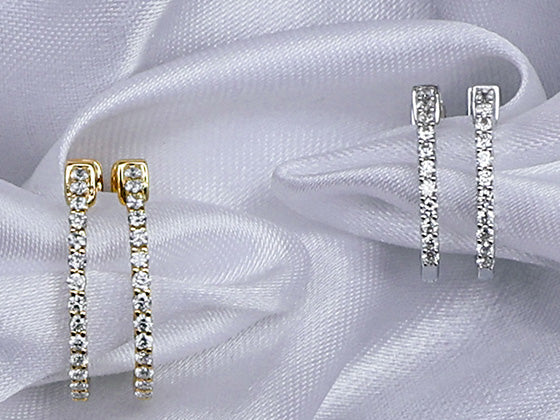
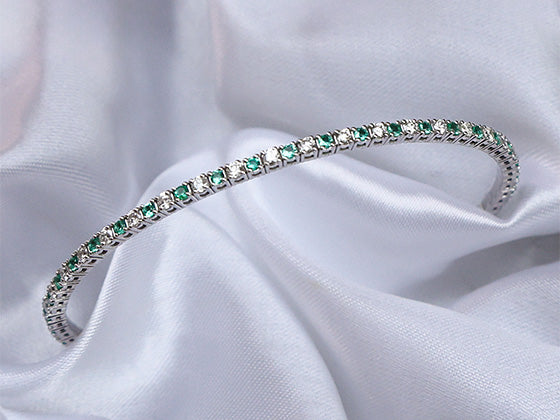

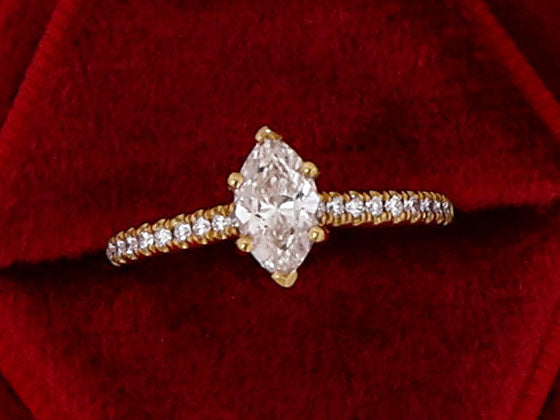
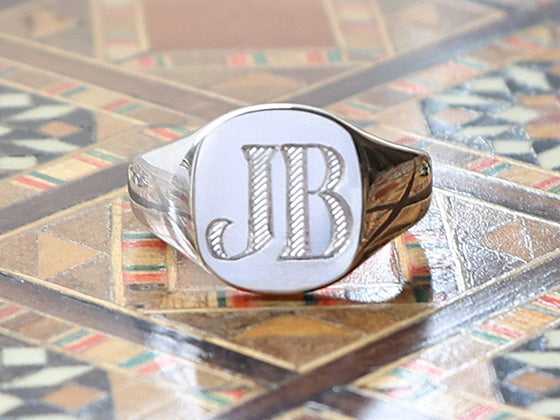
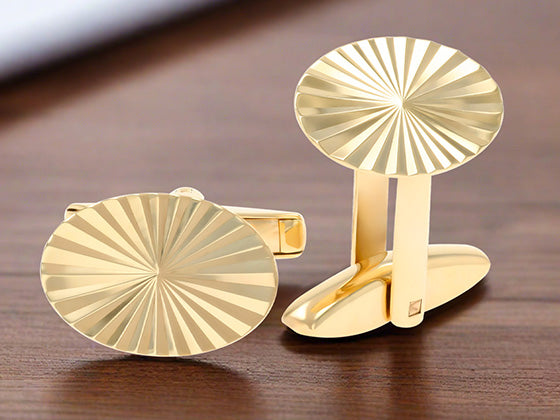
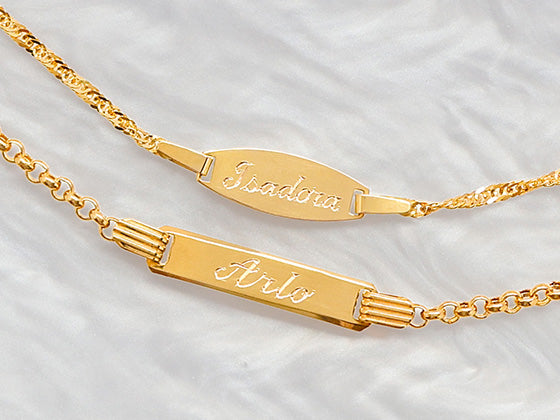
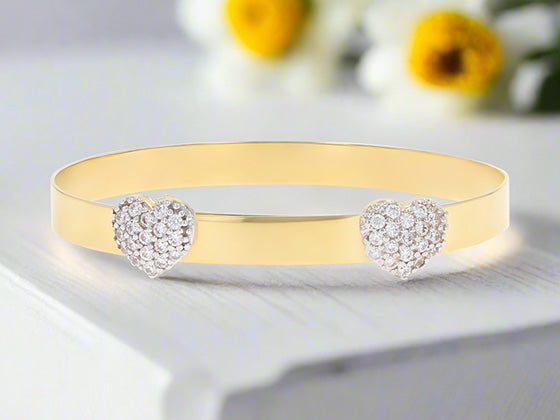
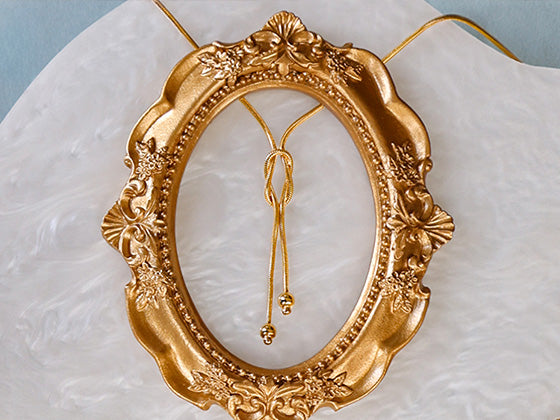
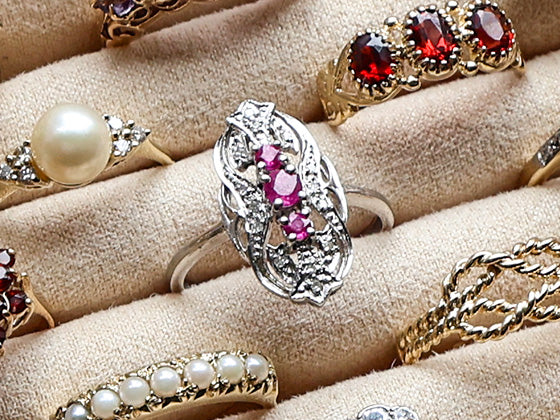
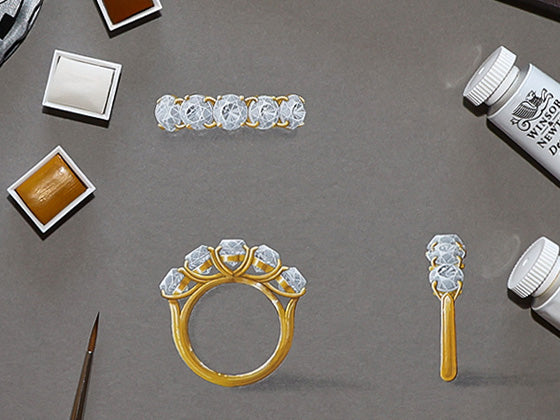
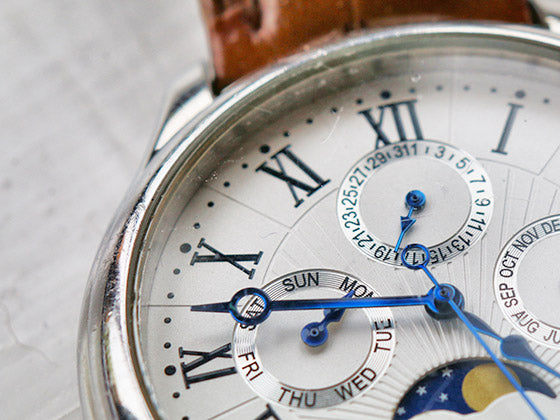
 Contact Us
Contact Us



